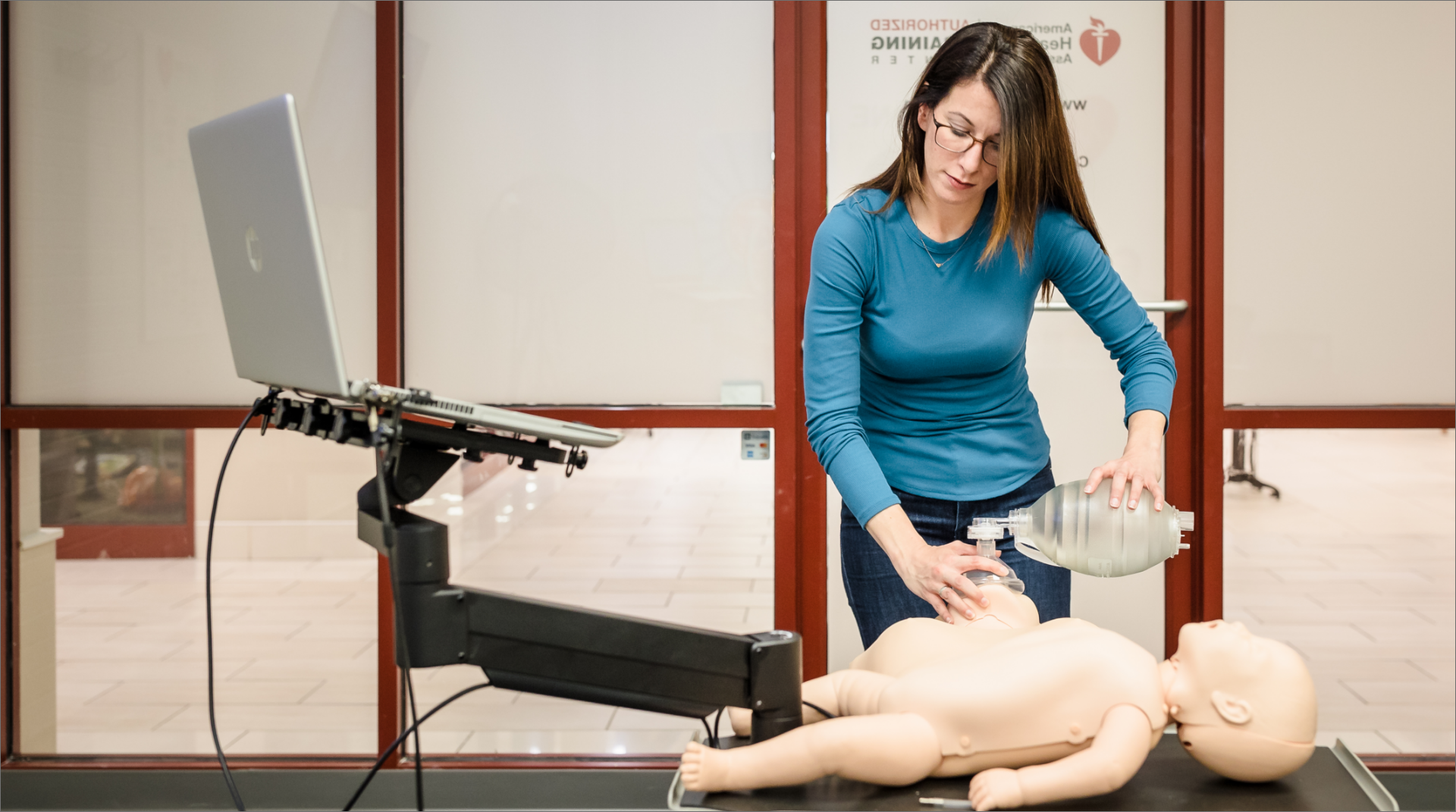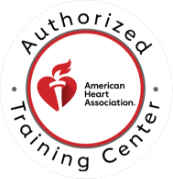

CPR Resource Center
The most comprehensive library of emergency training resources — including videos, articles, downloads, and more.


The most comprehensive library of emergency training resources — including videos, articles, downloads, and more.
When an emergency occurs, regardless of the nature, one of our first and most instinctive decisions is to pick up the phone and dial 911. Who are the professionals that answer the phone when we make that call and what are their qualifications? This article will provide insight into the qualifications of the 911 Dispatcher.
911 Dispatchers are highly trained professionals, they staff emergency dispatch centers in communities of all sizes and are on duty 24 hours a day, 7 days a week, 365 days a year. Their job is to answer emergency calls from the public, rapidly assess the nature of an emergency, and quickly dispatch the appropriate first responders (Fire, Police, EMS) to the scene to mitigate the emergency.
911 Dispatchers are also routinely referred to as Emergency Medical Dispatchers (EMDs). In addition to answering various emergency calls from the public, 911 Dispatchers are also trained to provide callers with step-by-step instructions to assist them in identifying a medical emergency. They will then encourage the caller to provide immediate initial care to a patient until more advanced help arrives.
Emergency Medical Dispatchers can quickly determine whether a patient is experiencing a medical emergency such as a Stroke, Heart Attack, or Cardiac Arrest by asking the caller specific questions. If a medical emergency is identified, the 911 Dispatcher will then provide the caller with instructions to begin immediate lifesaving interventions, such as chest compressions (CPR), to give the patient the best chance of survival.
Before an Emergency Medical Dispatcher can provide lifesaving instructions to a caller, they must first understand how to identify an emergency and provide appropriate care themselves. But what training programs are most relevant for a 911 Dispatcher?
As a general recommendation, 911 Dispatchers should obtain professional level CPR certification from a nationally recognized organization such as the American Heart Association (AHA). The Basic Life Support (BLS) Provider course is an appropriate program for Emergency Medical Dispatchers. The BLS Provider course will certify participants in the steps of Cardiopulmonary Resuscitation (CPR) and use of an Automated External Defibrillator (AED) for victims of all ages.
In addition, Emergency Medical Dispatchers are frequently required to take courses in Telephone CPR (TCPR) or Dispatch Assisted CPR (DACPR). These courses will train the dispatcher to provide callers with appropriate lifesaving steps that can be administered to a patient immediately during an emergency. Companies like PowerPhone and PriorityDispatch provide training programs and software specifically designed for 911 dispatcher use.
In a Cardiac Arrest, a victim’s chances of survival decrease 7% to 10% for each minute that care is delayed. Most Cardiac Arrest emergencies occur in out of hospital settings. Therefore, the need for immediate bystander CPR cannot be overstated. Emergency Medical Dispatchers provide a caller with these lifesaving steps and ensure that immediate care is provided to a patient.
Emergency Medical Dispatchers are an integral component of an Emergency Medical Services (EMS) system. The 911 Dispatcher is the first professional that a caller initiates contact with during an Emergency. The dispatcher not only sends emergency responders to the scene, but they also provide lifesaving instructions and support to callers to ensure that our patients have the best chance of survival.
While this article provides general training recommendations for 911 Dispatchers, it is important to become familiar with any specific training requirements your organization may have as qualifications may vary based on your specific state, locality, or department.
Help Me Find a Course